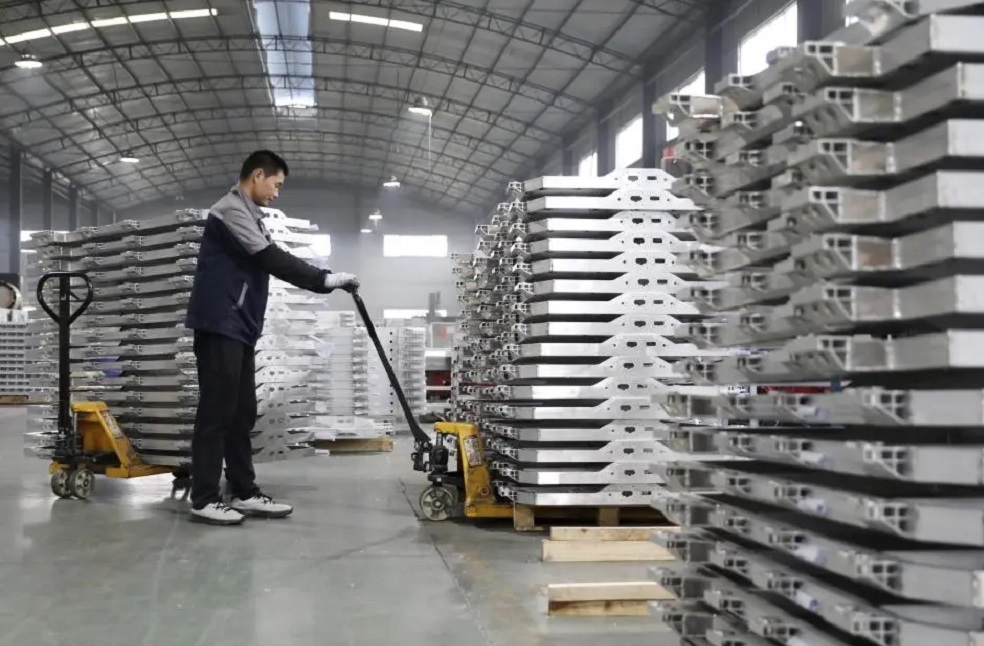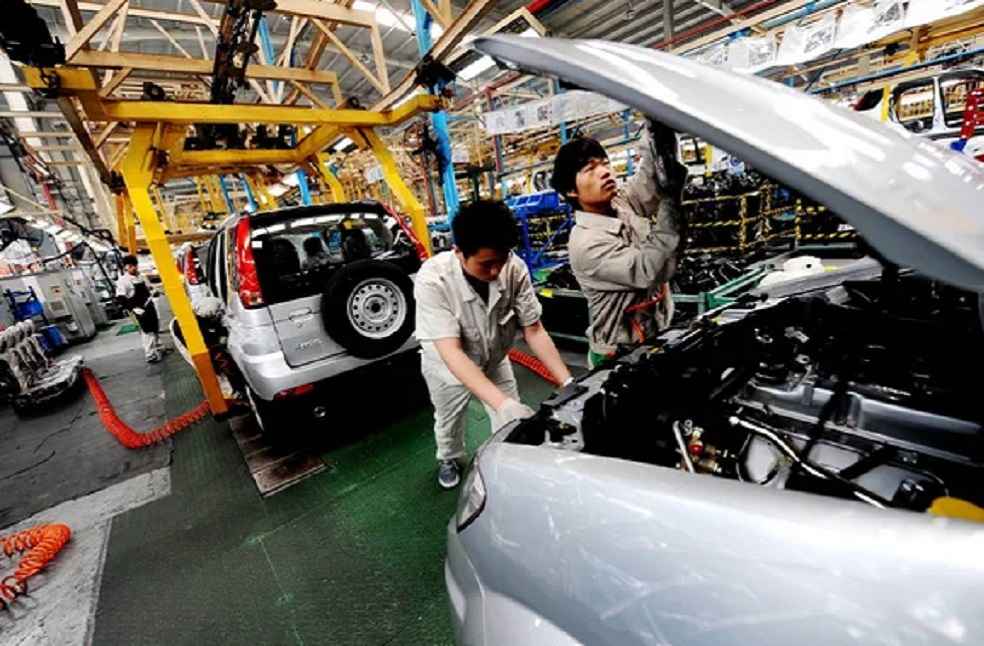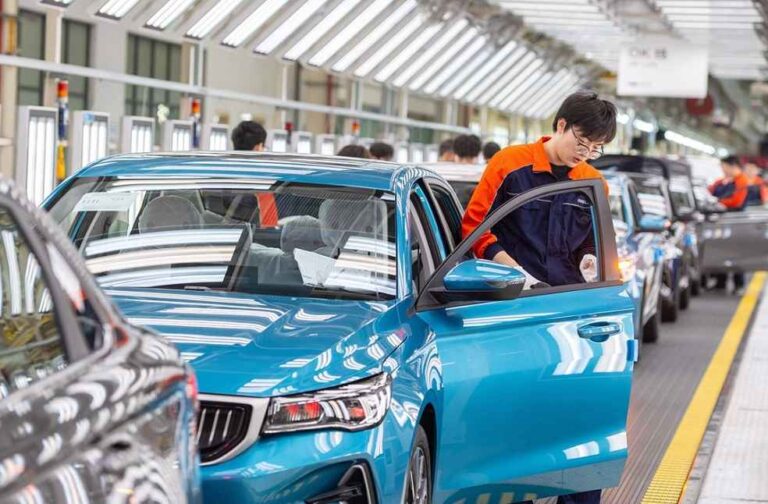A report by Human Rights Watch (HRW) casts light on the automotive industry’s entanglement with ethical dilemmas, particularly the use of aluminum potentially sourced from forced labor practices within China’s Xinjiang province. Esteemed car manufacturers like General Motors, Toyota, Volkswagen, Tesla, and BYD face significant scrutiny due to the risk of incorporating aluminum derived from regions embroiled in human rights controversies, especially where ethnic minority Muslims, predominantly Uighurs, endure internment and abuses such as forced labor and sterilization.
China’s prominence as the foremost car and aluminum producer introduces complexities into the global supply chain, given the critical role of aluminum in various automotive components. HRW’s investigation reveals a concerning opacity in supply chain transparency among leading automakers, suggesting a systemic failure to map and scrutinize procurement pathways extending into Xinjiang. This opacity, coupled with potential reprisals from Chinese authorities against probing companies, leaves a gap in consumer assurance regarding the ethical integrity of their vehicles.

Denials from China regarding any human rights violations in Xinjiang contrast starkly with international responses, including product bans from several countries aimed at curbing the import of goods produced through forced labor. Yet, the nature of aluminum production and the global supply chain’s intricacies make tracing the material’s origin particularly challenging.
Expert commentary from Michael Dunne, CEO of Dunne Insights, and Duncan Jepson, a supply chain expert, underscores the daunting nature of supply chain mapping in China. Descriptions vary from ‘very complicated’ to a ‘completely sealed mystery,’ showing the big challenges companies have in following ethical rules. The financial and logistical hurdles, while substantial, are not insurmountable for well-resourced manufacturers, according to Jepson, suggesting a confluence of cost, effort, and corporate will as pivotal factors.

The HRW report’s revelations spotlight a broader discourse on corporate responsibility and the ethical dimensions of global manufacturing. With China’s automotive and aluminum sectors at the epicenter, the strategic and ethical decisions of car manufacturers regarding their Chinese operations and supply chain oversight are under intense scrutiny. This scenario underscores a pivotal moment for the automotive industry, inviting a reevaluation of corporate ethics and supply chain transparency in a global context.
As the narrative around Xinjiang’s aluminum unfolds, it emerges as a critical case study in corporate ethics, highlighting the evolving expectations and pressures on global businesses to uphold human rights within their operations. This scenario not only challenges the automotive industry but also sets a precedent for global supply chain management amidst increasing ethical consciousness among stakeholders.
GENERAL | China Zooms Past Japan: Claims Top Spot as Global Auto Exporter





